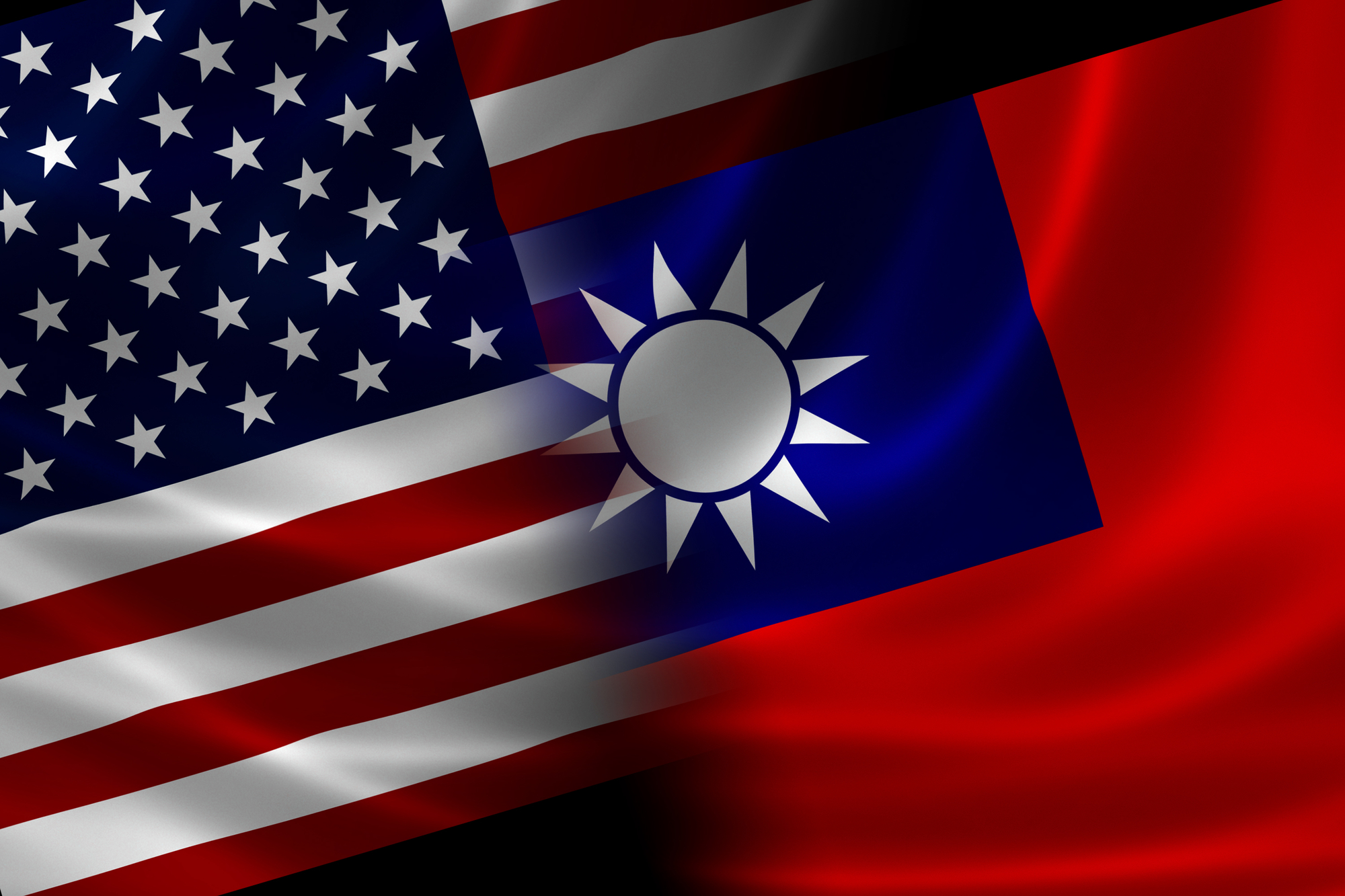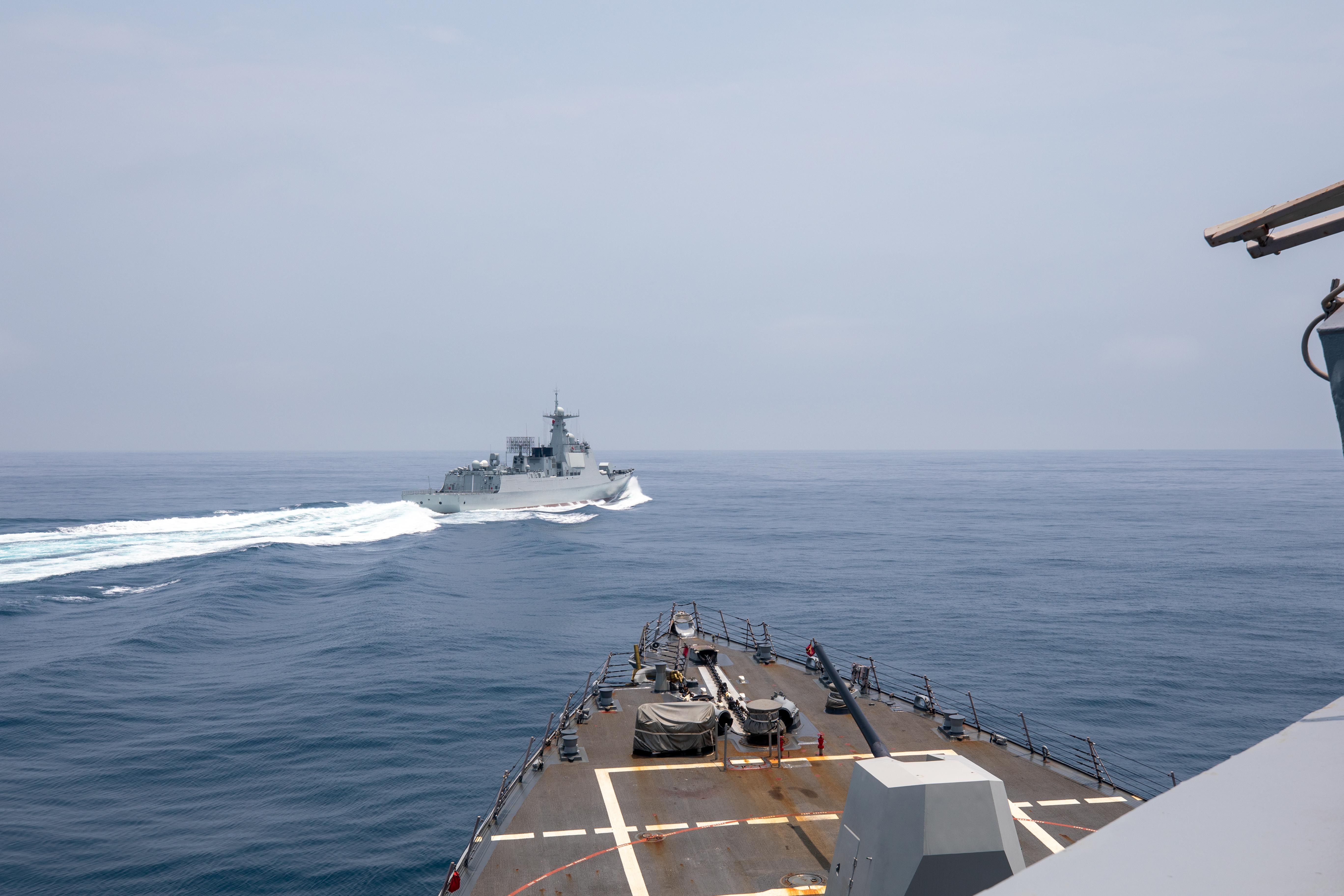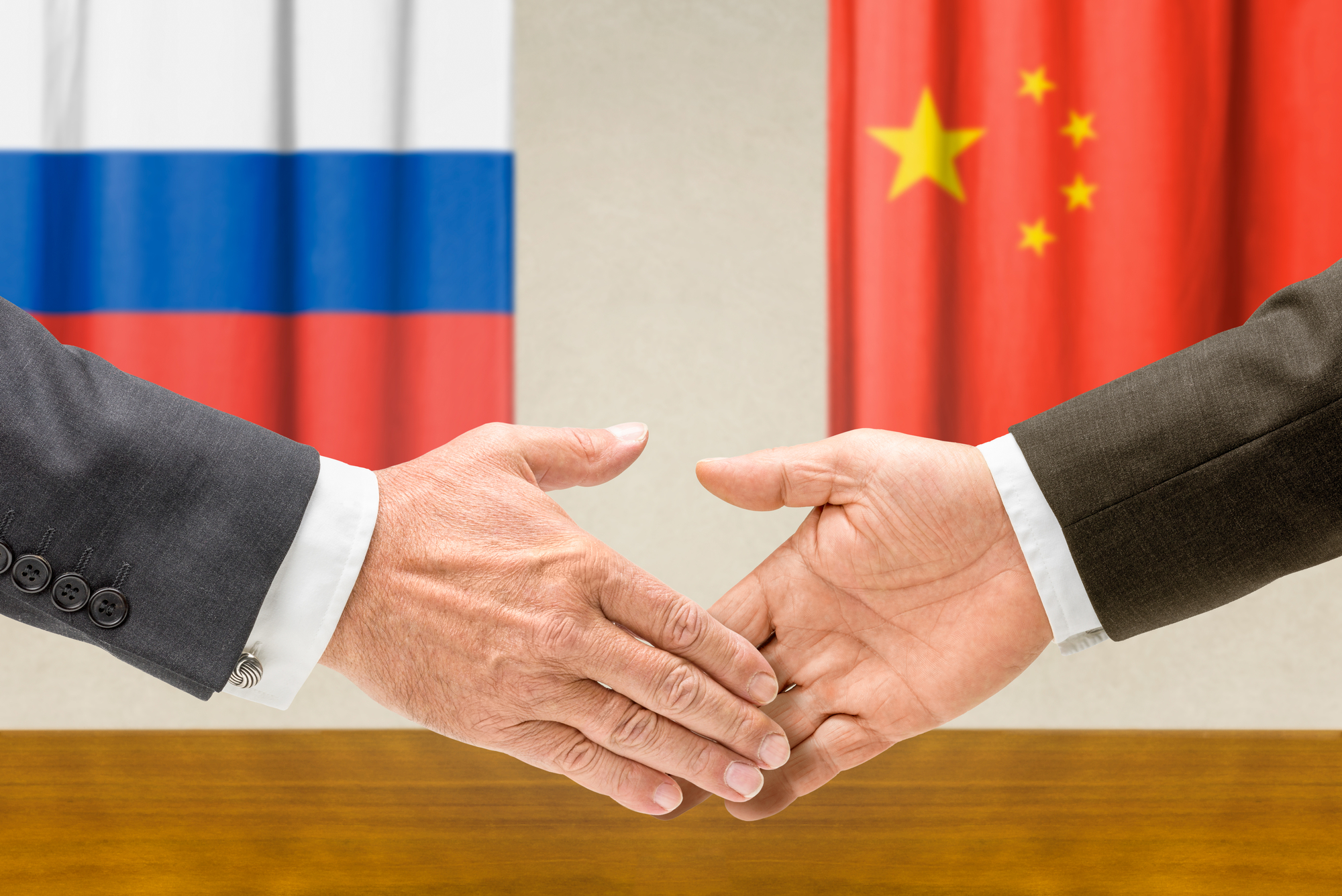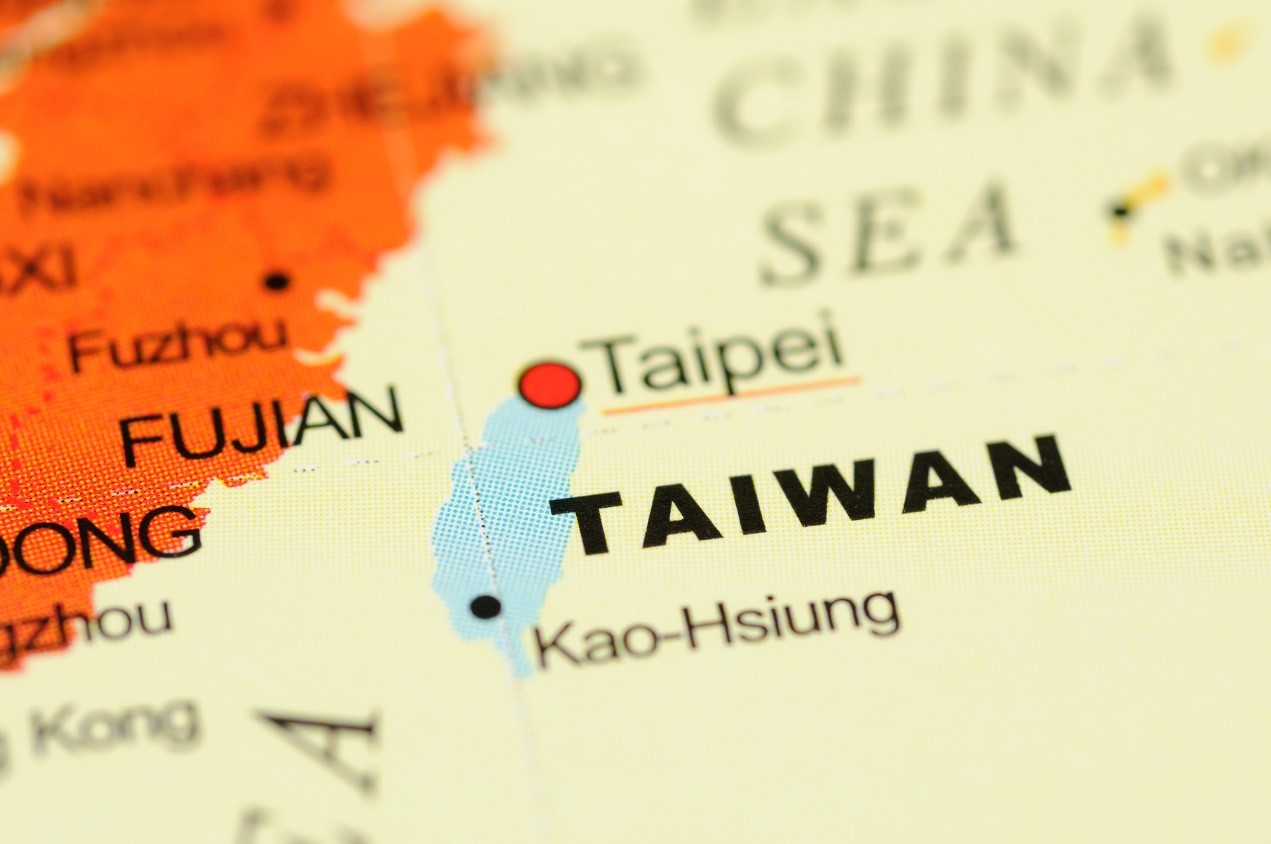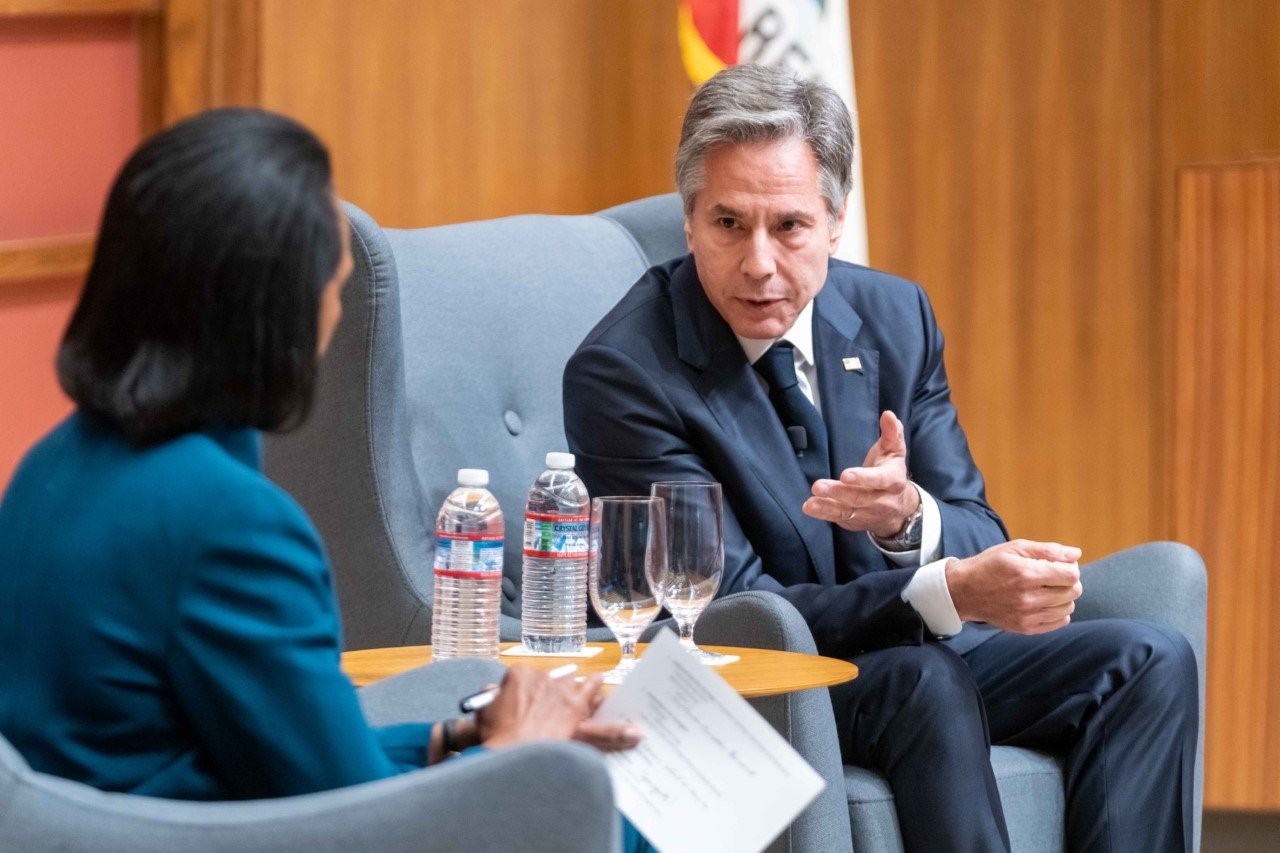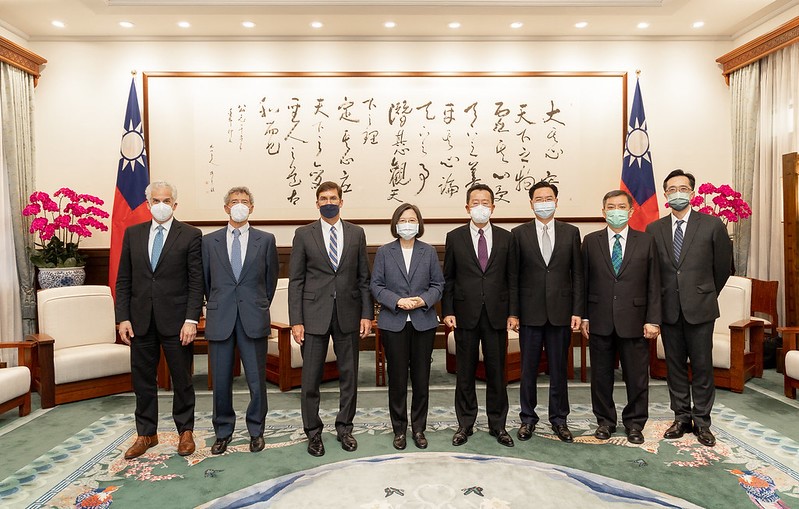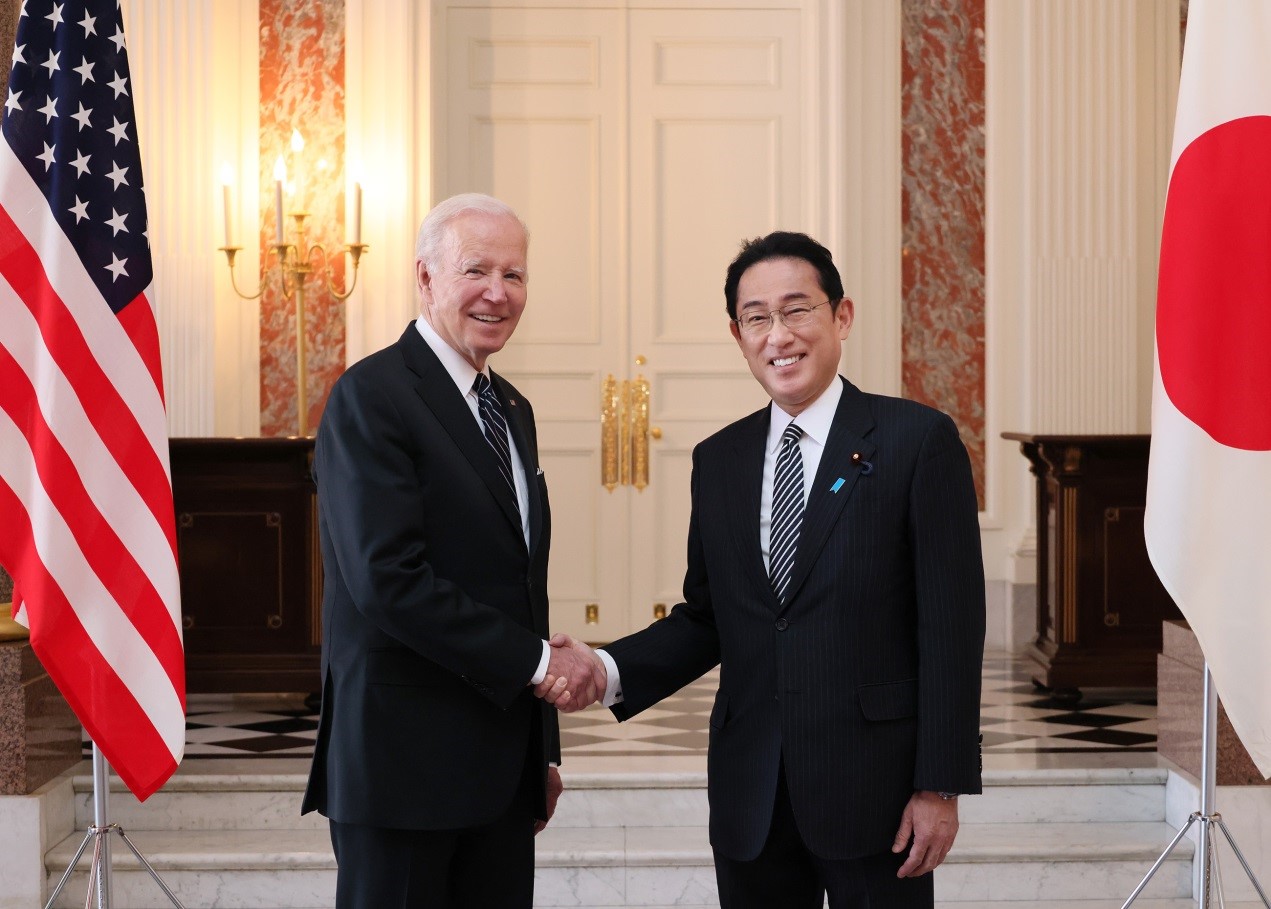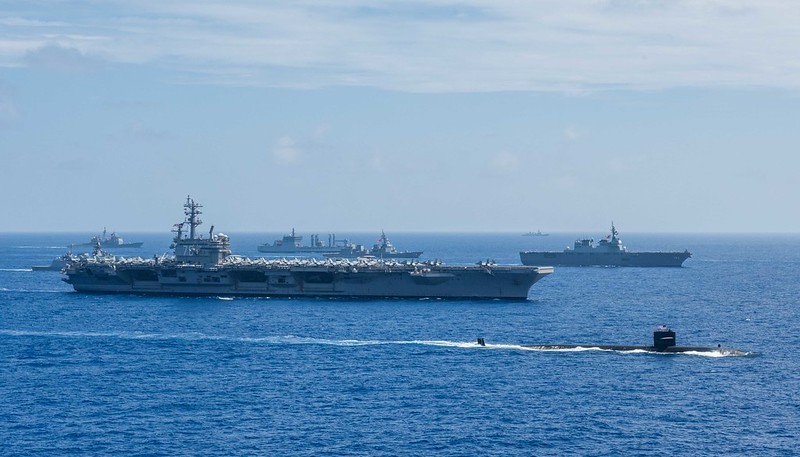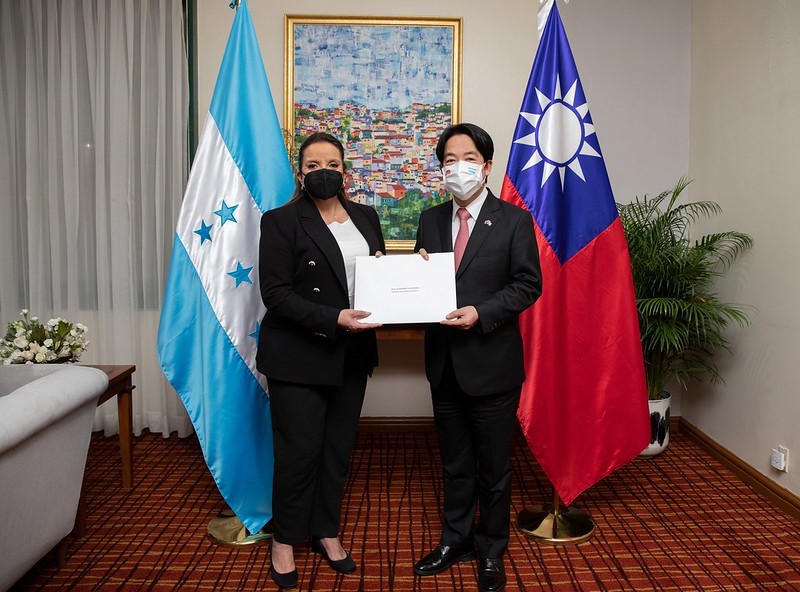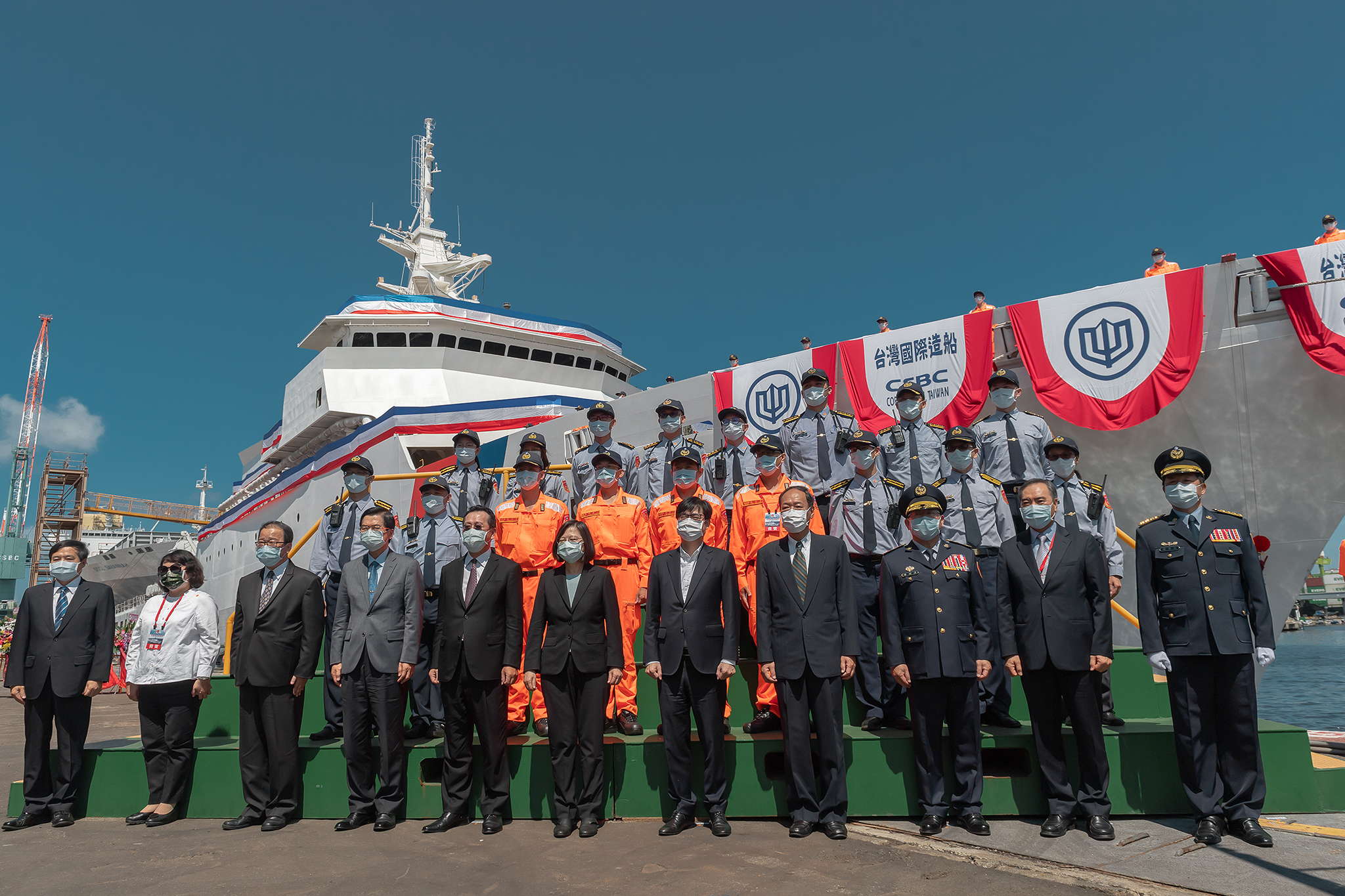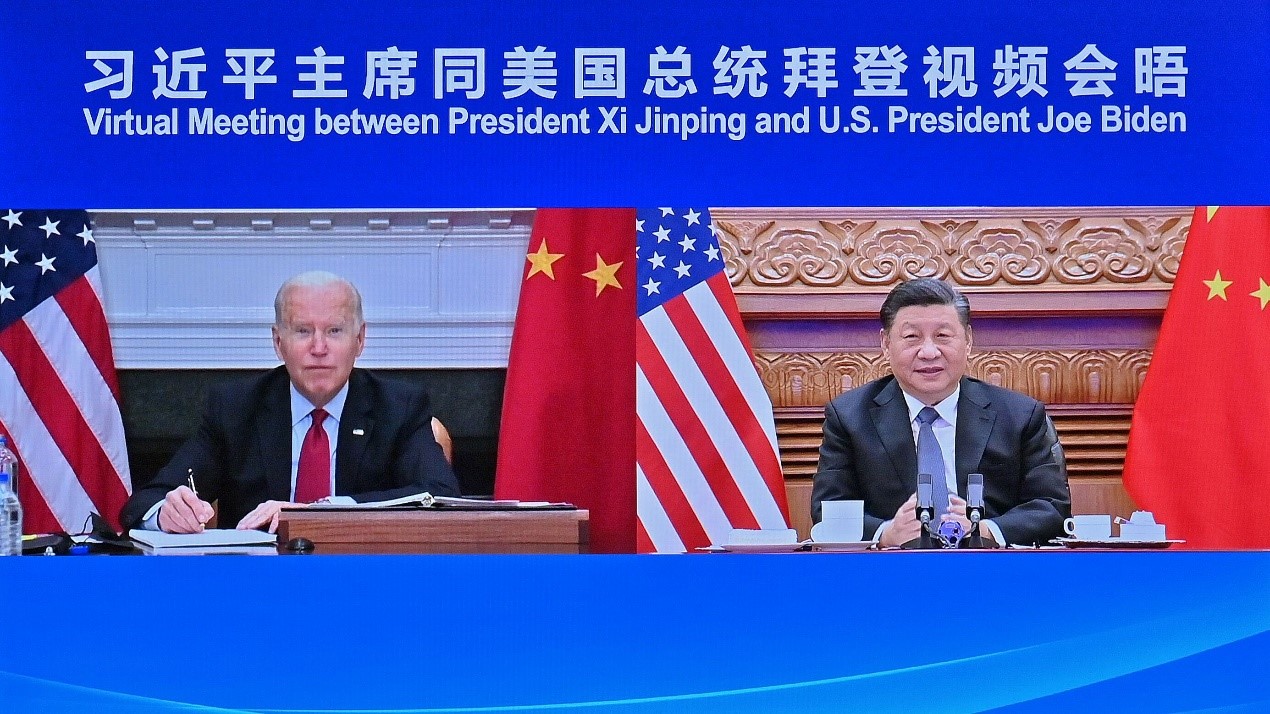Congress Wants to Deter War with China over Taiwan, Not Just Send It Defensive Weapons, Late and Insufficient
The need for greater deterrence is why Congress stepped up in the National Defense Authorization Act (NDAA) to bolster Taiwan’s defenses before a possible Chinese attack, not after as was done with Ukraine. Picture source: Depositphotos.
Congress Wants to Deter War with China over Taiwan, Not Just Send It Defensive Weapons, Late and Insufficient
Prospects & Perspectives No. 3
By Joseph Bosco
When President Jimmy Carter and his national security adviser Zbigniew Bzrezinski in 1979 carried out the China-Taiwan switch in diplomatic relations that their counterparts Richard Nixon and Henry Kissinger had planned, a shocked U.S. Congress reacted with angry dispatch.
By bipartisan, veto-proof margins, it passed the Taiwan Relations Act (TRA), which immediately restored, albeit on an unofficial basis, the core diplomatic, economic, and political elements of the U.S.-Taiwan relationship. In place of the dissolved U.S.-Republic of China Mutual Defense Treaty, it declared Taiwan’s security “a matter of grave concern to the United States” and pledged to provide it with defensive weapons.
The TRA also required the executive branch to “maintain the capacity … to resist any resort to force or other forms of coercion” against Taiwan. However, unlike the Defense Treaty it replaced, it did not explicitly commit the U.S. to defend Taiwan, which would have been an unconstitutional exercise of Executive power.
Still, Congress’s intent was clear, as was the divergence of Congressional and presidential commitment to Taiwan that continued for the next four decades. Congress has been consistently pro-Taiwan while presidential administrations of both parties have just as constantly been wary of allowing the U.S.-Taiwan relationship to upset U.S.-China relations.
The dichotomy was dramatically demonstrated during the 1995-96 Taiwan Strait Crisis when China fired missiles toward Taiwan and the Clinton administration sent aircraft carriers to the region.
Chinese officials asked American counterparts what the U.S. would do if China attacked Taiwan. The top U.S. Asia official ignored the TRA and Congress’s focus on Taiwan’s security. He responded, “We don’t know … it would depend on the circumstances.”
The Congressional-Executive tension over Taiwan continued for another quarter century until the Trump administration considerably narrowed the difference when it sold Taiwan arms that had been held up in the two Obama terms.
Trump’s team also significantly upgraded government-to-government relations to the point that Washington’s “one China” policy effectively evolved to a “one China, one Taiwan” policy.
The Biden administration followed and expanded that policy shift. Nevertheless, Congress has remained one step ahead of the Executive in its support for Taiwan. The Taiwan Invasion Prevention Act, introduced in two consecutive Congresses in 2020-2021, was effectively a preemptive authorization for the Executive to directly defend Taiwan if Chinese used force. Both the Trump and Biden administrations declined to support the further declaration of strategic clarity and the legislation died by neglect.
In early February, 2022, at the Beijing Olympics, Vladimir Putin and Xi Jinping issued a joint statement announcing a “no limits strategic partnership.” Each supported the other’s claims to Ukraine and Taiwan, respectively. Within weeks, Russia was invading Ukraine, and Beijing was blaming NATO for causing the problem, just as the two dictators accuse the West of encouraging Taiwan’s resistance to Communist China’s rule.
Russia initially seemed poised for a quick victory, and there were fears in some circles that Taiwan would soon enough suffer the same fate at the hands of Communist China.
But the Ukrainians’ determined resistance under the inspirational leadership of President Volodomier Zelensky and the rushed delivery of U.S. and NATO arms stalled the Russian advance and Kiev has been launching a sustained, and largely successful, counter-offensive over recent months.
The West has haltingly increased the volume and quality of its weapons transfers to Ukraine amid criticism, including from Congress, that the pace of delivery and the lethality and range of the arms have not enabled Ukraine to push the Russians out of Ukraine as quickly and decisively as it could.
The Biden administration has explained that sophisticated Western weaponry requires longer lead time for Ukrainian familiarization and training. But the administration has also been leery of “escalating” the Western response, or enabling Ukraine to strike into Russia, and triggering a rash Putin reaction. Putin has stoked that fear with frequent references to the use of nuclear weapons.
With worrisome relevance to Taiwan’s plight, even before Russia’s invasion started, Biden rejected direct involvement with U.S. forces on the ground or enforcing a no-fly zone because “that would be World War III.” Yet, he also likened the U.S.’ commitment to Taiwan to its security obligations in NATO (“not one inch” would be yielded).
Though Ukraine’s valiant defense of its territory has been surprising, Xi may well have concluded that Biden’s reluctance to “provoke” either Putin or Xi into a major war gives China a comfort zone for aggression against Taiwan. He clearly expects Washington to be the first to de-escalate, allowing Beijing to press its advantage.
Washington’s policy of strategic ambiguity on defending Taiwan does not provide the same assurance of U.S. non-involvement as Biden’s disclaimers on Ukraine, but neither is it a clear deterrent message. Biden’s four warnings to Beijing were all walked back by other administration officials.
As China has demonstrated with its own escalatory air and naval exercises–including a no-fly, no-sail blockade of Taiwan after House Speaker Pelosi’s visit to Taiwan last August — over administration objections — it does not fear either a Taiwanese or American response to this level of aggression.
The need for greater deterrence is why Congress stepped up in the National Defense Authorization Act (NDAA) to bolster Taiwan’s defenses before a possible Chinese attack, not after as was done with Ukraine.
It provides that Washington will finance the sale of weapons through the Foreign Military Sales program rather than waiting until Taiwan is fully prepared to purchase the arms. US$10 billion in loans and grants will get arms to Taiwan sooner than under the present system.
Once an attack actually occurs, the weapons flow will further be expedited by following the system now used with Ukraine — allowing direct transfers from existing U.S. military stockpiles. But, again, that flow should begin much earlier if it is to serve a deterrent, rather than just a defensive, purpose when the aggression is already underway.
President Biden should also issue a formal administration policy document making clear to Beijing that war with Taiwan means war with the United States and immediate recognition of Taiwan independence, an implied commitment of the TRA, which stated that Washington’s “decision to establish diplomatic relations with … China rests upon the expectation that the future of Taiwan will be determined by peaceful means.”
But none of that was mentioned when National Security Adviser Jake Sullivan was asked recently about Biden’s pledges to defend Taiwan. Instead, he cited only the TRA’s commitment to send weapons of self-defense to Taiwan. That is Washington’s Ukraine model for resisting great power aggression, not for deterring it.
(Joseph Bosco is on the advisory board of the Global Taiwan Institute.)


